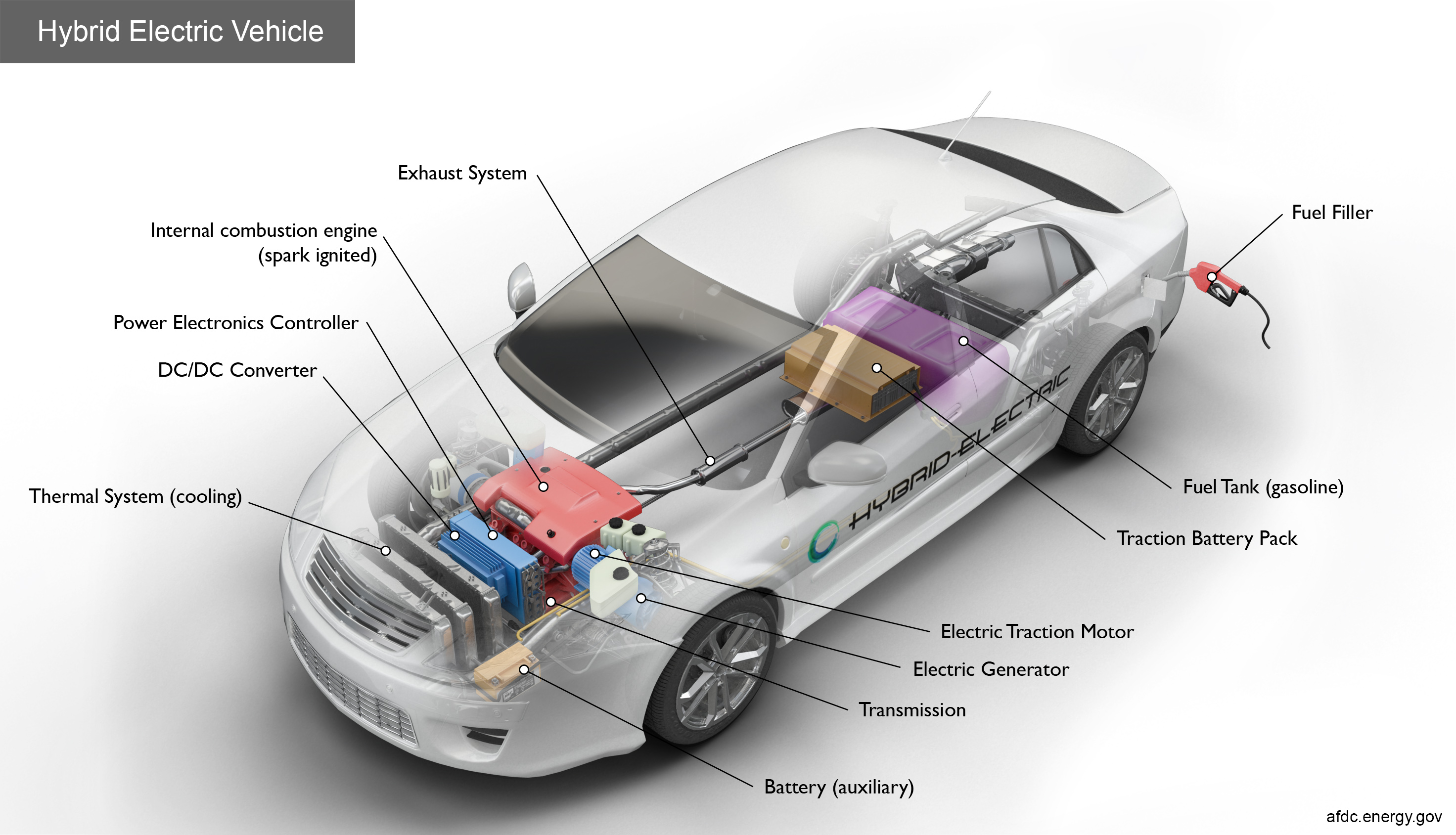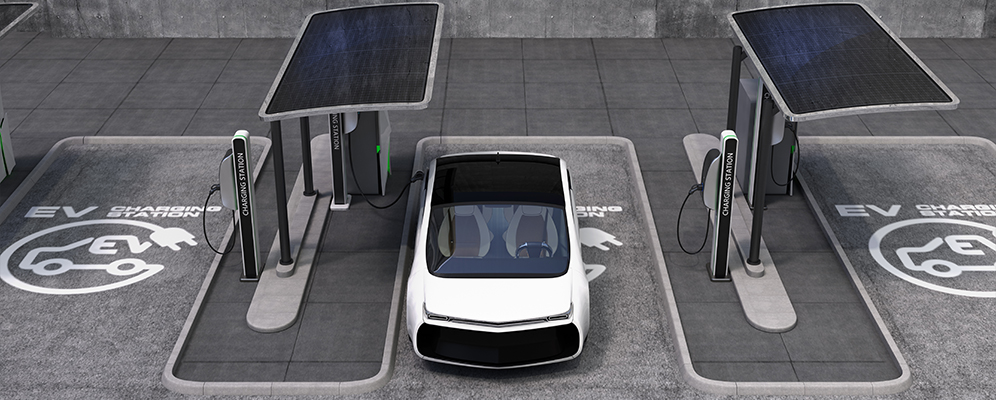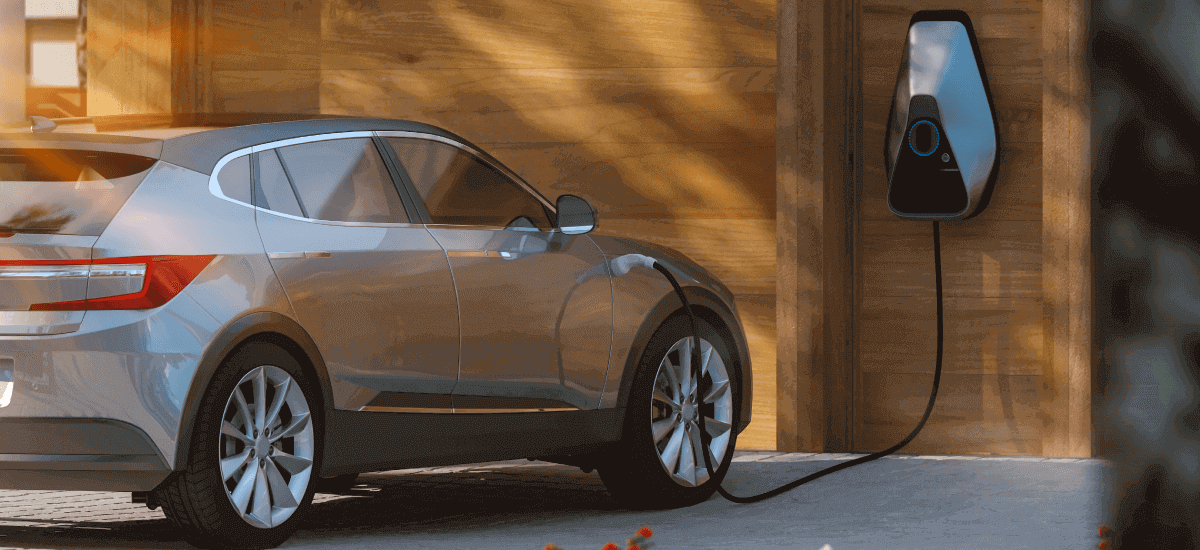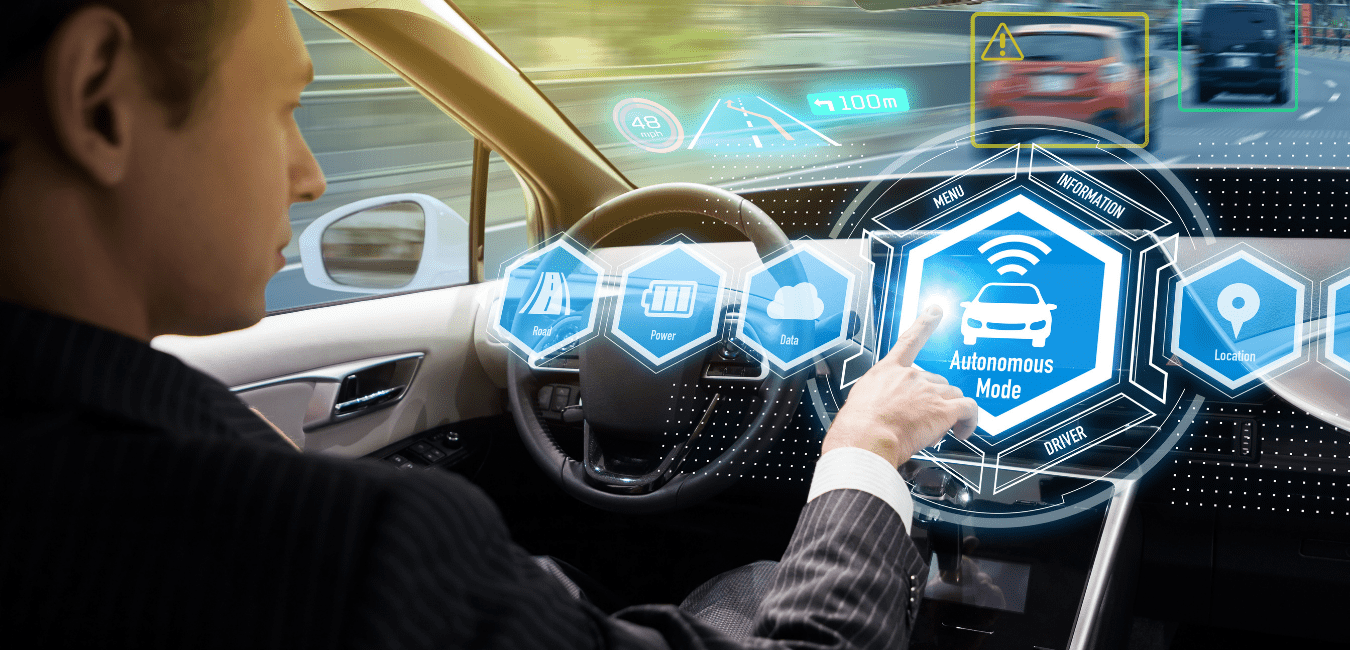Electric cars, also known as electric vehicles (EVs), are automobiles that are powered by electricity instead of traditional internal combustion engines. They rely on rechargeable batteries to store and provide the energy required to propel the vehicle. Electric cars offer numerous advantages over conventional gasoline-powered vehicles, making them an attractive option for environmentally conscious consumers.
Environmental Benefits
Reduced Emissions

One of the most significant advantages of electric cars is their lower carbon footprint. Unlike gasoline-powered vehicles, electric cars produce zero tailpipe emissions. This means they do not emit harmful pollutants such as carbon dioxide (CO2), nitrogen oxides (NOx), or particulate matter into the atmosphere. By driving an electric car, you can contribute to reducing air pollution and combatting climate change.
Renewable Energy Compatibility

Electric cars can be powered by electricity generated from renewable energy sources such as solar or wind power. By utilizing clean energy for charging, electric car owners can further reduce their environmental impact and support the transition to a sustainable energy future. The compatibility of electric cars with renewable energy makes them an essential component of a greener transportation system.
Improved Air Quality

The absence of tailpipe emissions from electric cars leads to improved air quality, particularly in urban areas. Traditional vehicles emit pollutants that contribute to smog formation and respiratory issues. Electric cars help mitigate these problems, as they do not emit harmful gases or particulate matter during operation. Choosing electric vehicles can significantly contribute to creating cleaner and healthier environments.
Cost Savings
Lower Fuel Costs

One of the primary advantages of electric cars is their cost-effectiveness in terms of fuel. Electric vehicles are much cheaper to run compared to gasoline-powered cars. The cost of electricity is generally lower than gasoline prices, resulting in significant savings over time. Additionally, electric cars can be charged at home, eliminating the need for frequent visits to gas stations.
Reduced Maintenance Expenses

Electric cars have fewer moving parts than internal combustion engine vehicles, which translates to lower maintenance costs. Oil changes, spark plug replacements, and intricate engine maintenance are no longer necessary. Electric motors are also known for their durability and longevity, reducing the need for frequent repairs. In the long run, electric car owners can save a substantial amount on maintenance expenses.
Incentives and Tax Credits

To promote the adoption of electric cars, many governments and local authorities offer incentives and tax credits. These financial benefits can significantly reduce theinitial cost of purchasing an electric car. In some regions, electric car owners may be eligible for tax credits, rebates, or subsidies that make electric vehicles more affordable. These incentives, combined with long-term fuel and maintenance savings, make electric cars an attractive choice for cost-conscious consumers.
Energy Efficiency
Regenerative Braking

Electric cars utilize regenerative braking technology, which converts kinetic energy into electrical energy during deceleration. This energy is then stored in the battery and can be used to power the vehicle, reducing energy wastage. Regenerative braking not only improves the overall efficiency of electric cars but also extends the range of the vehicle on a single charge.
Higher Energy Conversion

Electric cars have a higher energy conversion efficiency compared to internal combustion engine vehicles. While gasoline-powered cars waste a significant amount of energy as heat, electric cars convert a higher percentage of the stored energy from the battery into actual propulsion. This improved energy efficiency results in better mileage and reduced energy consumption.
Smart Charging Infrastructure

The rise of electric cars has led to the development of smart charging infrastructure. These charging stations are equipped with advanced technology that optimizes charging based on electricity demand, grid capacity, and individual preferences. Smart charging allows electric car owners to charge their vehicles at the most cost-effective times and ensures efficient use of available energy resources.
Performance and Convenience
Instant Torque and Acceleration

Electric motors deliver instant torque, providing quick acceleration from a standstill. This characteristic gives electric cars a responsive and exhilarating driving experience. Unlike gasoline-powered vehicles that require gear shifting, electric cars offer smooth and seamless acceleration, making them ideal for city driving and merging onto highways.
Quieter and Smoother Ride

Electric cars produce significantly less noise compared to traditional vehicles. The absence of an internal combustion engine eliminates the engine noise and vibrations associated with gasoline-powered cars. Electric vehicles provide a quieter and more peaceful ride, enhancing the overall comfort and driving experience.
Home Charging Convenience

One of the advantages of owning an electric vehicle is the convenience of charging it at home. Electric car owners can install a charging station in their garage or driveway, allowing them to recharge their vehicles overnight. This eliminates the need to visit public charging stations regularly and provides the convenience of waking up to a fully charged car every morning.
Technological Advancements
Long-Lasting Batteries

Battery technology has improved significantly in recent years, resulting in longer-lasting and more efficient batteries for electric cars. Modern electric vehicles offer impressive range capabilities, allowing drivers to travel longer distances without the need for frequent charging. The advancement of battery technology is a key factor in making electric cars a practical and reliable transportation option.
Autonomous Driving Features

Electric cars often incorporate advanced driver-assistance systems (ADAS) and autonomous driving features. These technologies enhance safety, improve traffic efficiency, and reduce the driver’s workload. Electric vehicles equipped with autonomous driving capabilities can analyze traffic patterns, maintain safe distances, and even park themselves. The integration of electric cars with autonomous technology is shaping the future of transportation.
Integration with Smart Grids

Electric cars can play a vital role in the development of smart grids. These grids enable the efficient distribution and management of electricity, taking into account renewable energy sources, energy storage, and electric vehicle charging. By integrating electric cars with smart grids, excess energy can be stored in vehicle batteries during low-demand periods and redistributed to the grid during peak hours, creating a more balanced and sustainable energy system.
